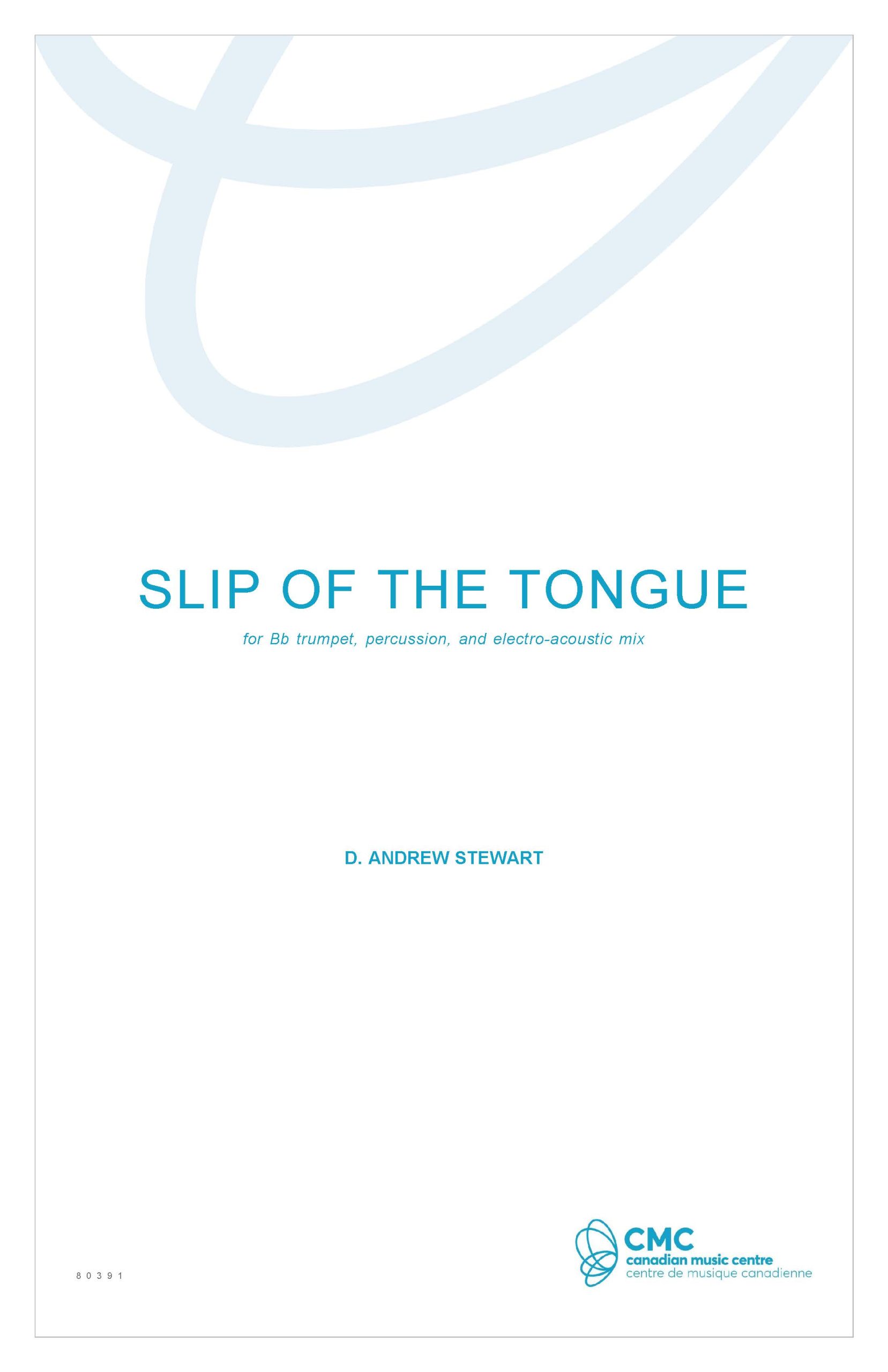The seventh angel sounded his trumpet, and there were loud voices in heaven, which said: “The kingdom of the world has become the kingdom of our Lord and of his Christ, and he will reign for ever and ever”. Revelation 11:15
At an early stage in the compositional process, I realised that one of the techniques I wanted to utilise in my trumpet writing was to have the player talk through the instrument while manipulating half valve positions. At the time, I was also looking for scriptures in the New International Version of The New Testament, published by the International Bible Society, for the setting of a choral composition. Upon reading various chapters from Revelation, I discovered Chapter Eleven, Verse Fifteen which describes the events surrounding the sounding of The Seventh Trumpet, which has also been described as a trombone in other publications. I decided to use the text from The Seventh Trumpet not only within the trumpet writing, but as my source material for the fixed electroacoustic mix. The most obvious connection between the instrumentation of this composition and the biblical verse, is the reference to a trumpet; however, after considering the sound world that I was creating with the ensemble, I also found it fitting to represent the horrific natural disasters and profound rhetoric depicted in Revelation through musical gestures. I could not complete this composition without considering my interpretation of God, and further, what was the music saying about my interpretation of God. I like to consider the role of the music as two-fold. Slip of the tongue should depict the Wrath of God by way of earthquakes, hailstorms, thunder and lightning, etc.; but more importantly, I consider the physical task for the musicians to perform Slip of the tongue as representative of humanities attempt to walk a fine line between monotheism and atheism. That is to say, for me it is more interesting to understand the struggle of humanity rather than to portray the judgment of an omnipotent being.
________________________________________
Le septième ange sonna de la trompette. Et il y eut dans le ciel de fortes voix qui disaient: “Le royaume du monde est remis à notre Seigneur et à son Christ; et il régnera aux siècles des siècles”. Apocalypse 11:15
À un stade précoce du processus de composition, j’ai réalisé que l’une des techniques que je voulais utiliser dans mon écriture pour trompette était de faire parler le joueur à travers l’instrument tout en manipulant les positions des demi-valves. À l’époque, je cherchais également des écritures dans la nouvelle version internationale du Nouveau Testament, publiée par la Société biblique internationale, pour la mise en musique d’une composition chorale. En lisant divers chapitres de l’Apocalypse, j’ai découvert le chapitre onze, verset quinze qui décrit les événements entourant le son de la septième trompette, qui a également été décrite comme un trombone dans d’autres publications. J’ai décidé d’utiliser le texte de The Seventh Trumpet non seulement dans l’écriture de la trompette, mais comme matériau source pour le mix électroacoustique fixe. Le lien le plus évident entre l’instrumentation de cette composition et le verset biblique, est la référence à une trompette ; cependant, après avoir considéré le monde sonore que je créais avec l’ensemble, j’ai également trouvé approprié de représenter les horribles catastrophes naturelles et la profonde rhétorique décrites dans Revelation à travers des gestes musicaux. Je ne pouvais pas terminer cette composition sans considérer mon interprétation de Dieu, et plus loin, ce que la musique disait de mon interprétation de Dieu. J’aime considérer le rôle de la musique comme double. Le glissement de la langue devrait dépeindre la Colère de Dieu par le biais de tremblements de terre, de grêle, de tonnerre et d’éclairs, etc. ; mais plus important encore, je considère la tâche physique pour les musiciens d’interpréter Slip of the tongue en tant que représentant de la tentative des humanités de marcher sur une ligne fine entre le monothéisme et l’athéisme. C’est-à-dire qu’il est pour moi plus intéressant de comprendre le combat de l’humanité plutôt que de dépeindre le jugement d’un être tout-puissant.

